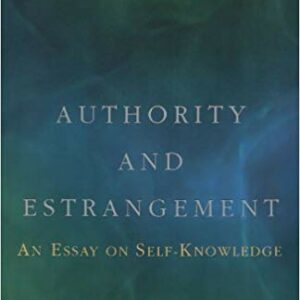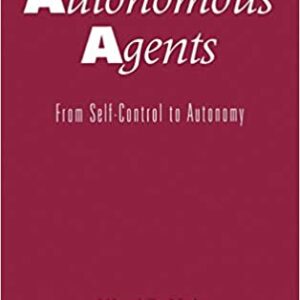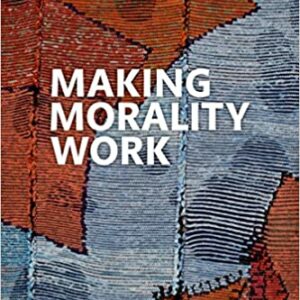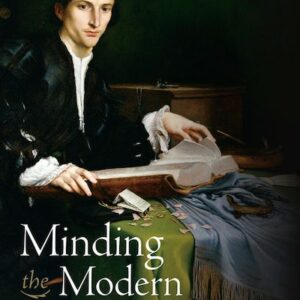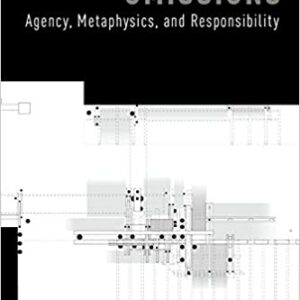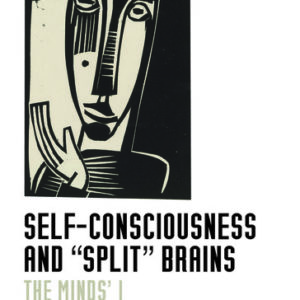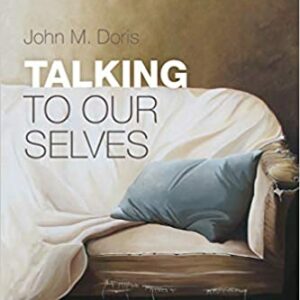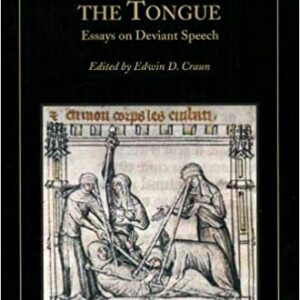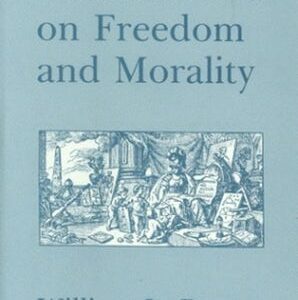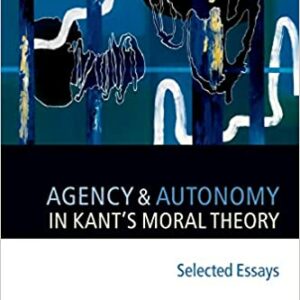
Agency and Autonomy in Kant’s Moral Theory
By Andrews Reath (NHC Fellow, 1991–92) Andrews Reath presents a selection of his best essays on various features of Kant's moral psychology and moral theory, with particular emphasis on his conception of rational agency and his conception of autonomy. Together the essays articulate Reath's original approach to Kant's views about human autonomy, which explains Kant's … Continued
